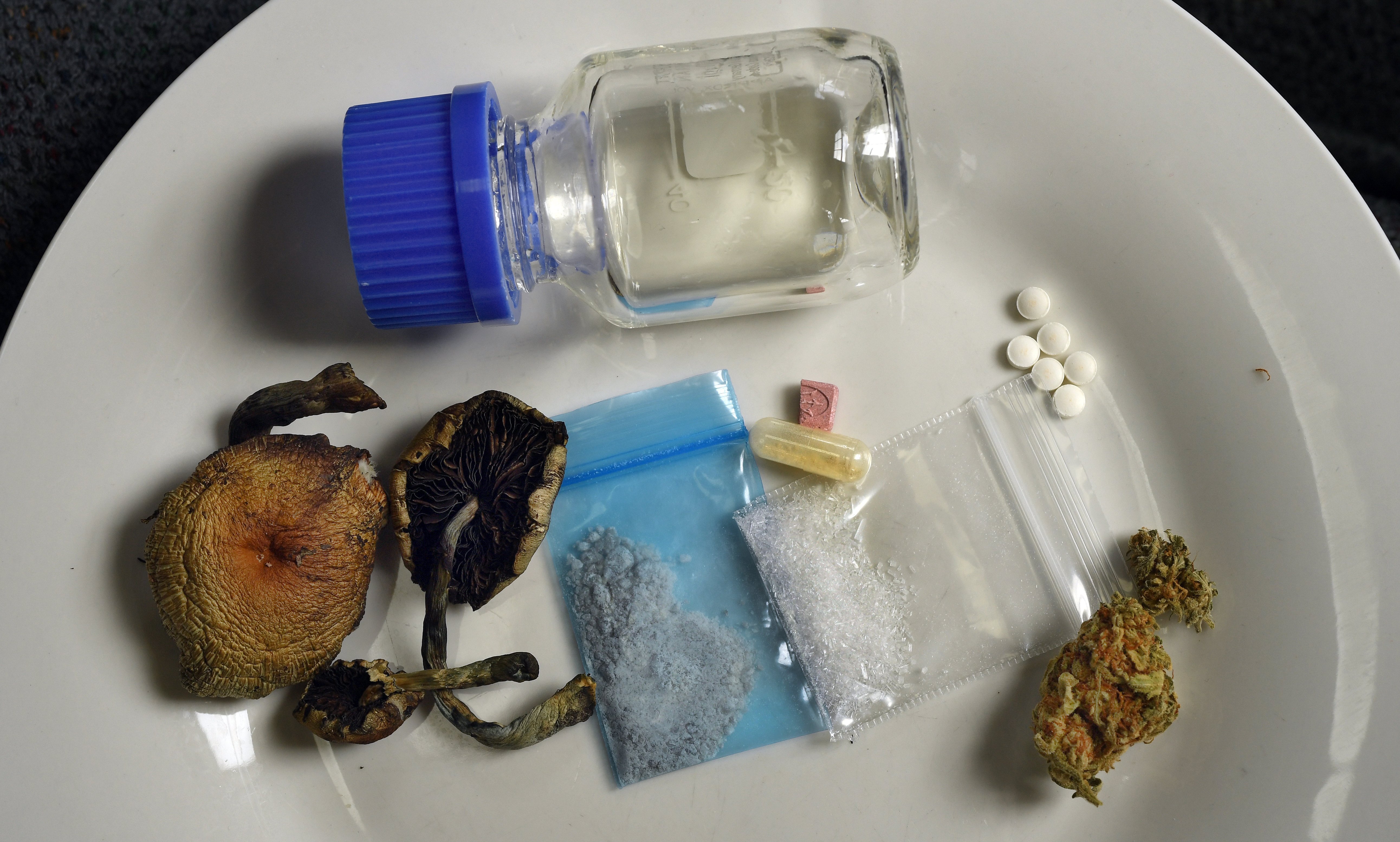
Last week marked the 50th anniversary of the Misuse of Drugs Act 1975 becoming law. To coincide the Drug Foundation, an organisation dedicated to a New Zealand free from drug harm, commissioned legal research on the Act and if was fit for purpose.
The result of many months’ work was a 176-page report, a labour which the authors had obviously thought deeply about. Their ultimate conclusion will have surprised few: that the current law governing drug use does not work.
This substantial piece of work was released at Parliament last week but was given short shrift by Associate Minister of Health Matt Doocey, who bluntly told the launch: "This government has no intention of changing the Misuse of Drugs Act this term."
That single sentence encompassed all that is wrong with drug laws in this country.
Mr Doocey has worked in mental health and healthcare management, both in New Zealand and overseas, and on the strength of that he was made this country’s first minister of mental health.
He will know all the science around this and will need little convincing that reform is needed ... but Mr Doocey is also an experienced politician and knows that there will be little appetite on his side of the House for anything which smacks of liberalisation of drugs laws.
"This term" offers him some wiggle room in so much that it is not a flat rejection but he — and the foundation — will be aware that politics is the art of making the possible happen, and little is possible in this space at this time. Politicians fearful of not being re-elected due to an appearance of being "soft"on drugs set the rules — or refuse to rewrite them.
The report sets out the cost of drug use in stark detail: in the past eight years 1295 people have died of an accidental overdose; in 2024 5690 people were charged, and 4083 convicted of drug offences.
About 11% of adults were considered at moderate or high risk of harm from illicit substance use — that represents almost half a million New Zealanders — and many of those had an unmet need for mental health and addiction services. The drugs those people are buying are increasingly likely to have been adulterated and add another level of danger to an inherently risky practice.

The argument has been made for years that the government needs to address the drug-fuelled tragedies unfolding in every community in New Zealand. It has been made in reports commissioned by various governments, by the Law Commission, by a host of experts and academics, and by the foundation throughout its more than 30 years.
What Mr Doocey did promise after the launch was that the government wanted to place greater resources into harm reduction and clinical services, a concession that the near-universally held view that drug harm should be considered a health issue rather than a criminal one — not that the minister could say as much in so many words.
To be fair to politicians, the core recommendations in the foundation’s report would represent a fundamental mindshift in our approach to drug harm: many would take much convincing this is a path the country should follow.
Its foundation would be the decriminalisation of possession of drugs and utensils for personal use, accompanied by directing law enforcement to focus on supply rather possession of drugs. A different approach would require the government to make a substantial investment in health support and harm reduction.
A fully health-centric approach to drug harm would require many more clinicians, counsellors and specialist health professionals, and potentially dedicated facilities, than the country has available right now, and they would be vital if a fresh approach was to be any more effective than the status quo.
That is a heady brew of reform: it would be expensive, resource heavy and have its failures as well as its successes — but current drug policy demonstrably has more failures than successes.
The Drug Foundation’s prescription may be going too far too fast, but it at least merits serious consideration rather than blank dogmatic refusal to consider a fresh approach might be in order.












